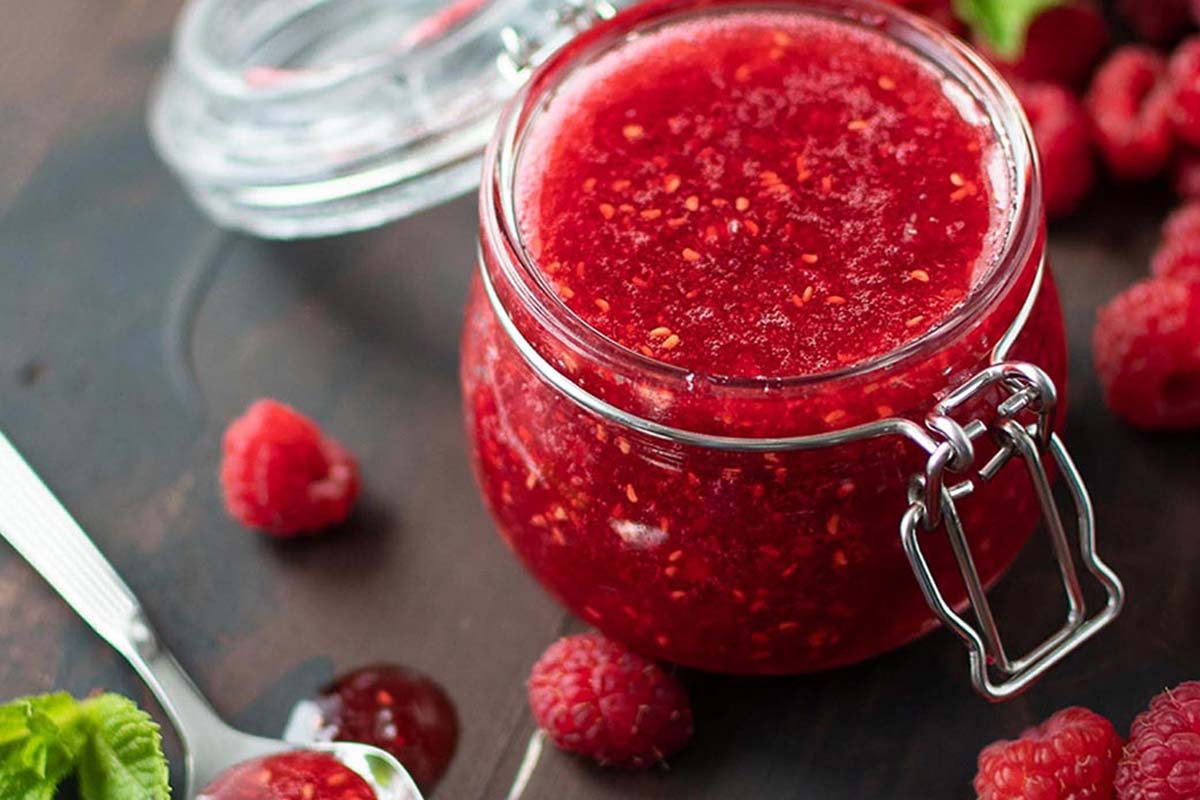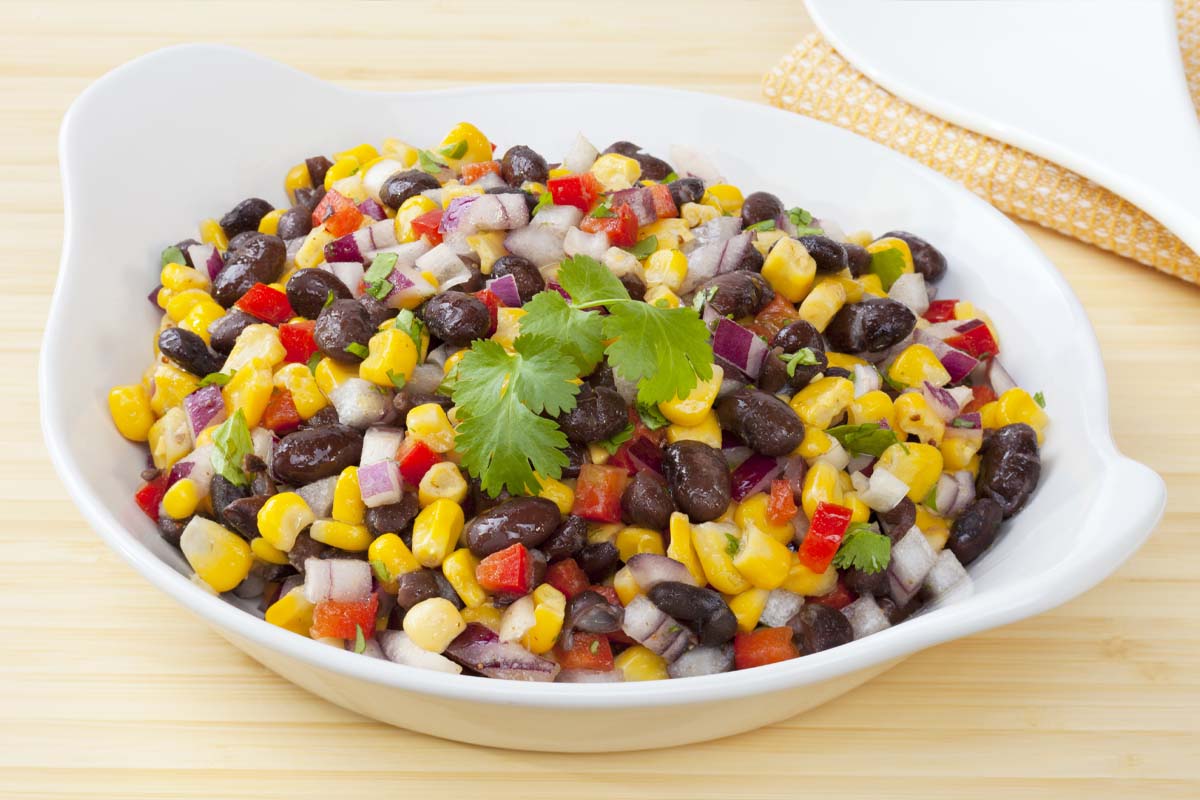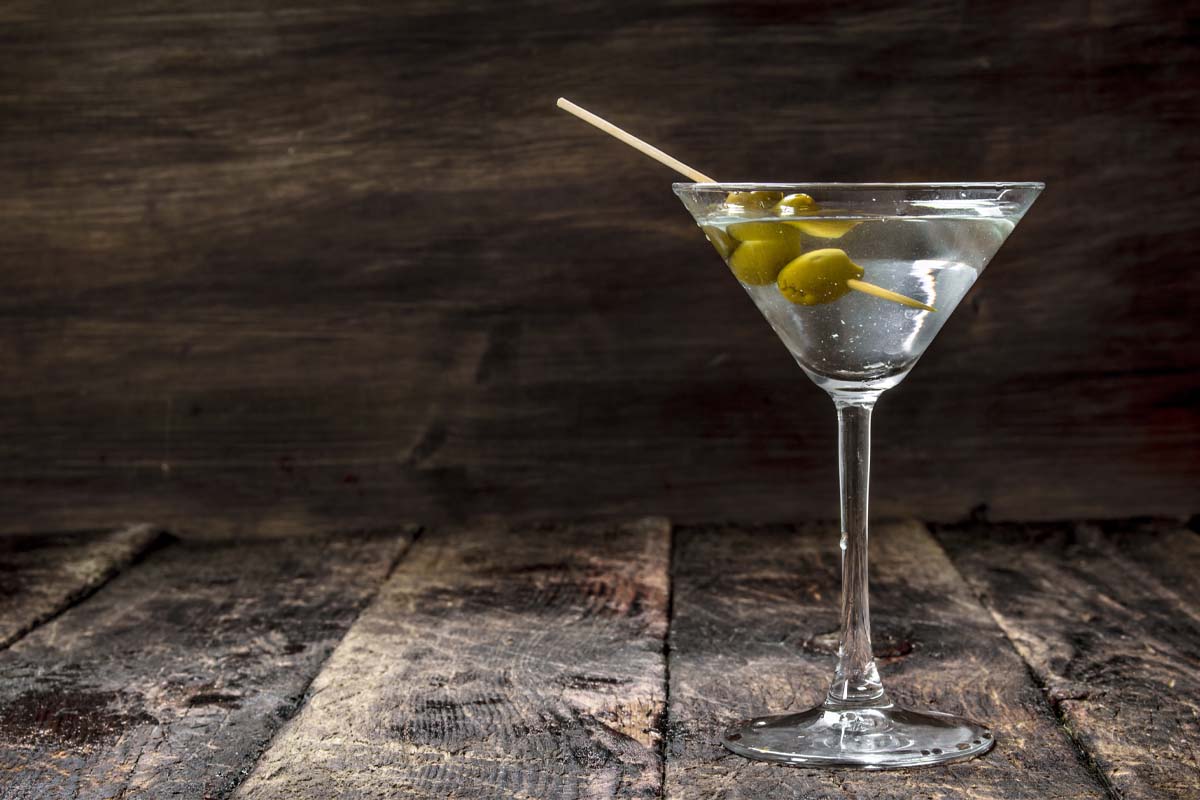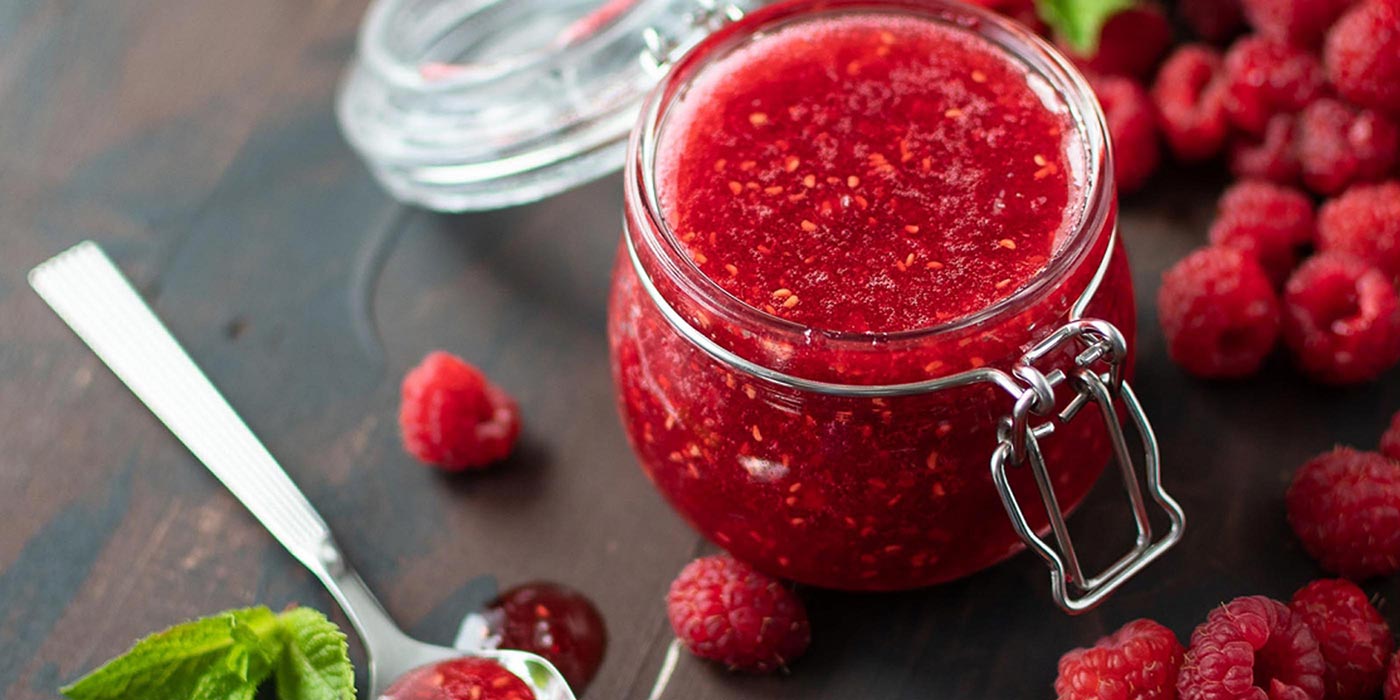What’s the Real Deal with Sucralose?
Is Sucralose Bad for You? Get the facts.
September 21, 2021
In this article from the Keri Report:
- You Ask, I Answer: Is Sucralose Bad for You?
- The Most Popular Type of Beans – and All Their Health Benefits
- The Lowest-Calorie Alcohols To Sip If You’re Trying To Lose Weight
You Ask, I Answer: Is Sucralose Bad for You?*
It’s a known fact that Americans are consuming more added sugars every day than recommended for health. According to the Dietary Guidelines for Americans, no more than 10% of ones’ daily total calories should be added sugars; in other words, for a 2,000-calorie diet, that would equate to roughly four tablespoons per day. The American Heart Association takes this even further by suggesting no more than three tablespoons for men and two tablespoons per day for women.
So, what can we do? First thing is to recognize where your excess sugar intake is coming from. Soda, sweetened beverages like coffee, teas and lemonades, cookies, candy, cake, etc. are all easily identifiable culprits. The sneakier suspects are salad dressings, sauces, jams, cereals, and yogurt. Now, once the foods in your diet have been identified, making small changes to lower the daily amount you consume becomes easier. For example, one specific small change could be to swap out added sugar, such as regular table sugar, corn syrup, or evaporated cane juice, for low-calorie sweeteners, such as sucralose (aka Splenda), in some simple home-made recipes.
But wait, doesn’t Splenda make you gain weight? NO! Recent studies have shown that enjoying sweet-tasting products, such as those sweetened with Splenda, could in fact decrease the want for additional sweets while also adding variety and flavor to foods and beverages. In turn that can help people manage their weight, reduce intake of calories from added sugars and manage blood sugar levels.
Cause cancer? Again NO! In 2019 the International Agency for Research on Cancer (IARC) shared that safety tests on sucralose showed no harm when looking at consumption levels well above what most people would actually eat or drink.3 The American Cancer Society also shares that there is no clear evidence that alternative sweeteners, at the levels typically consumed in human diets, cause cancer.
Impact gut health? AND again, NO! A thorough review of the science in 2018 found no evidence of negative effects on gut health from the use of sweeteners like Splenda. Rather, researchers reported clear evidence that changes in food choices, unrelated to alternative sweetener use, are likely the major determinants of changes in gut bacteria.
And now that we have cleared that up, may I suggest two easy recipes to make at home to help reduce your added sugar intake:
#1: Raspberry Jam

Everyone loves jam, but unfortunately many of the store-bought varieties are high in sugar. By making this easy recipe, you can enjoy spreading jam a little more than I would otherwise suggest.
https://www.splenda.com/recipe/raspberry-jam/
#2: Green Goddess Salad Dressing

I have recently become obsessed with home-made salad dressing versus my usual go-to store-bought. I want ones that are full of flavor, yet low in added sugar and saturated fats. Say hello to green goddess!
https://www.splenda.com/recipe/green-goddess-dressing/
For even more info, please visit “Is Splenda Bad for You?”
*This post is sponsored by Splenda, but my opinions are 100% mine and mine alone!
The Most Popular Type of Beans – and All Their Health Benefits – Shape Magazine

I love beans. BUT, I also acknowledge that many people don’t, or at least that’s what they say. Take my hubby for example. If you asked him if he likes beans, he will say NO. Yet, when I make a pasta dish and toss beans into it he loves it. Go figure? Anyway, so happy to be included in Shape’s lowdown on beans; and here’s to hoping more people will share the love too!

The Lowest-Calorie Alcohols To Sip If You’re Trying To Lose Weight – Women’s Health Magazine
Too often when someone decides they want to lose weight, they also decide they need to give up alcohol. The problem with that mindset though is it doesn’t last long. Giving up a food or drink that you enjoy usually backfires. Instead, one should learn how to include in an overall well-balanced healthy diet. For some very helpful tips read the article above AND remember please drink responsibly!
Written by Keri Gans, MS, RDN, and author of The Small Change Diet and The Keri Report.

